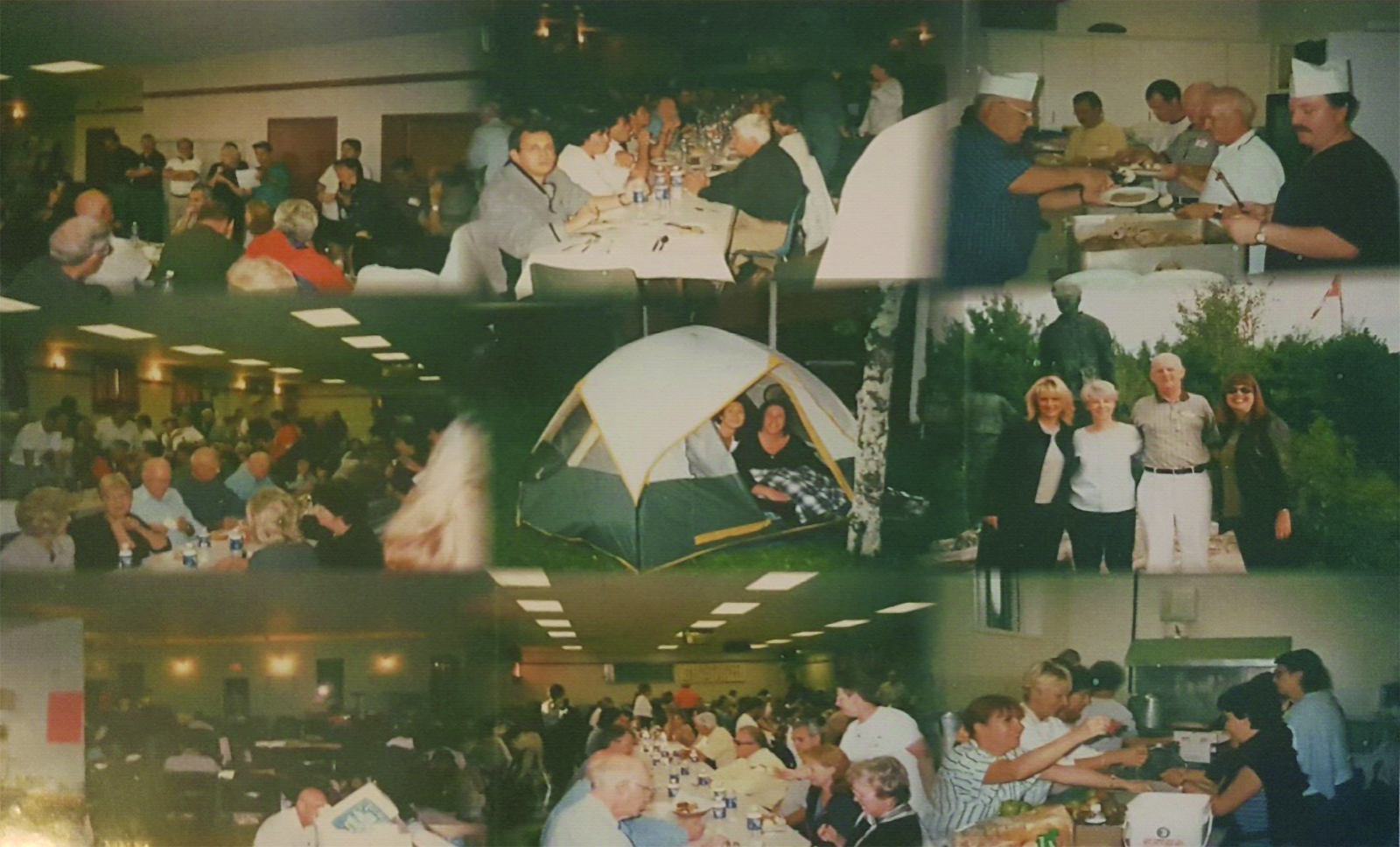On the 20th anniversary of the tragic 9/11 crash, a Canadian Red Cross volunteer reflects on her time helping the stranded passengers
by Kyle Curtis
The events on 9/11 forced 38 planes carrying 6,700 passengers to land at Gander International Airport. Residents of Gander were able to make sure the grounded passengers were safe by providing housing, food and whatever they needed to get through their time in Newfoundland.
Herald one-on-one
Betty Mullaly-Moulton, a volunteer with the Canadian Red Cross, registered passengers coming off the planes and placed them into the proper accommodations. She says the Department of Human resources and Employment put together a team to make sure everything went smoothly for the deboarding of the passengers.
“They had called around to all of the hotels and the community-based service agencies like The Legion, Knights of Columbus and the Salvation Army and said ‘how many people can you accommodate, number of bathrooms and can you provide food?’ They did that for not only Gander, but for the communities outside of Gander like Lewisporte, Glovertown and Appleton. Once every place in Gander was full then they would start sending them to other communities.”

On the front lines
Moulton described during a one-on-one with The Newfoundland Herald, her role on the front lines at the airport.
“Myself and Heather Paul, a psychologist here in Gander, led the psychosocial response team. So (when) someone deplaned we would approach them with our Red Cross vest on and say ‘how are you doing, do you need support?’ So once all these passengers and crew went through security … they were greeted by Red Cross volunteers who took down each passenger’s information,”
Moulton shared that creating a care plan for the unaccompanied minors required quick thinking, but they were able to make a plan to keep children safe. “When the flight crew got off and approached us about these unaccompanied minors we just looked at each other and said ‘well that’s interesting.’”

Safe & sound
What they did then was find out the number of children that were on each flight so they could accommodate them easily as they were getting off.
As each unaccompanied minor went through the registration process, Moulton shared that she took them to a payphone where she called their parent or guardian to let them know where their child was and that they were safe.
An interaction with a passenger that she will never forget, Moulton explained, was with a lady and her two small children. “We brought over supplies and toys for the children to her hotel room. They also brought her to a phone where she could call her husband to let him know where she was and that she was being taken care of.”
Moulton says that this experience had a great impact on her life. “I actually went back to school and did post-graduate studies in disaster emergency management.”
